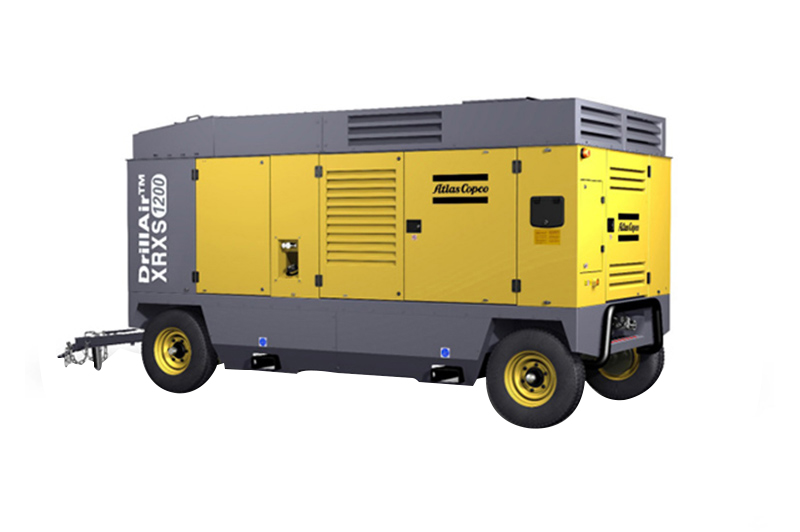Which Air Compressor Is Best for Your Needs?
Nov. 19, 2024
Understanding Air Compressors and Their Applications
An air compressor is a versatile tool used across various industries, from construction to automotive repair and even household tasks. Choosing the right air compressor depends on understanding your specific needs, as well as the capabilities and limitations of each type. This guide will help you determine which air compressor is best for you and how to address common challenges during its use.
Who Uses Air Compressors?
1. DIY Enthusiasts and Hobbyists
Home users often need air compressors for tasks such as inflating tires, powering small tools, or painting projects. Portability and ease of use are typically their primary concerns.
2. Construction and Industrial Workers
Professionals rely on air compressors to power heavy-duty tools like jackhammers, drills, and sandblasters. For them, reliability and durability in demanding environments are crucial.
3. Automotive and Maintenance Technicians
In garages and workshops, air compressors are essential for tire inflation, spray painting, and operating pneumatic tools. Efficiency and noise control are key factors for this group.
Common Challenges When Choosing an Air Compressor
1. Insufficient Power for the Job
Using an air compressor with inadequate power can lead to tool inefficiency and project delays. Matching the compressor's power output (CFM and PSI) to the tool requirements is essential.
2. Noise and Vibration Issues
For indoor or prolonged use, excessive noise can cause discomfort and reduce productivity. Selecting quieter models or adding noise-reducing measures can mitigate this issue.
3. Portability and Space Constraints
Large industrial compressors may not be suitable for tight spaces or remote locations. On the other hand, portable compressors might lack the capacity for extended use.
How to Choose the Right Air Compressor
1. Assess Your Power Needs
Calculate the air pressure (PSI) and volume (CFM) required for your tools or tasks. For example, high-demand tools like impact wrenches require higher CFM, while inflating tires needs minimal power.

2. Consider the Compressor Type
There are several types of air compressors, including:
Portable Compressors: Ideal for light, mobile tasks like inflating tires or small-scale painting.
Stationary Compressors: Designed for heavy-duty use in workshops or industrial sites.
Oil-Free Compressors: Require less maintenance and are better for indoor use but may have shorter lifespans.
Oil-Lubricated Compressors: Offer durability and efficiency for professional applications but require regular maintenance.
3. Factor in Noise Levels
For quiet environments, consider compressors with lower decibel ratings. Alternatively, use soundproof enclosures or dampening mats to reduce noise.
4. Evaluate Portability
If mobility is essential, opt for lightweight, wheel-mounted compressors. For fixed locations, prioritize larger tank capacities to minimize refilling interruptions.
5. Check Energy Efficiency
Energy-efficient models save operational costs over time. Look for compressors with adjustable speed drives (VSDs) or high energy ratings.
Practical Maintenance Tips for Longevity
1. Regular Inspections
Check hoses, valves, and filters for wear and tear. Replace damaged parts promptly to prevent further issues.
2. Monitor Oil Levels
For oil-lubricated compressors, ensure proper oil levels and perform regular oil changes to maintain efficiency.
3. Drain Condensation
Regularly drain water from the tank to prevent rust and corrosion. Automatic drains can simplify this process.
4. Clean Filters
Dirty filters reduce airflow and strain the compressor. Clean or replace filters as recommended by the manufacturer.
Conclusion
Choosing the best air compressor depends on your specific needs, such as power requirements, portability, and noise tolerance. By understanding the available options and addressing potential challenges, you can invest in an air compressor that meets your expectations and delivers optimal performance. Proper maintenance ensures your compressor remains reliable and efficient for years to come.
41
0
0
All Comments (0)
Previous: None
Next: None
If you are interested in sending in a Guest Blogger Submission,welcome to write for us!


Comments